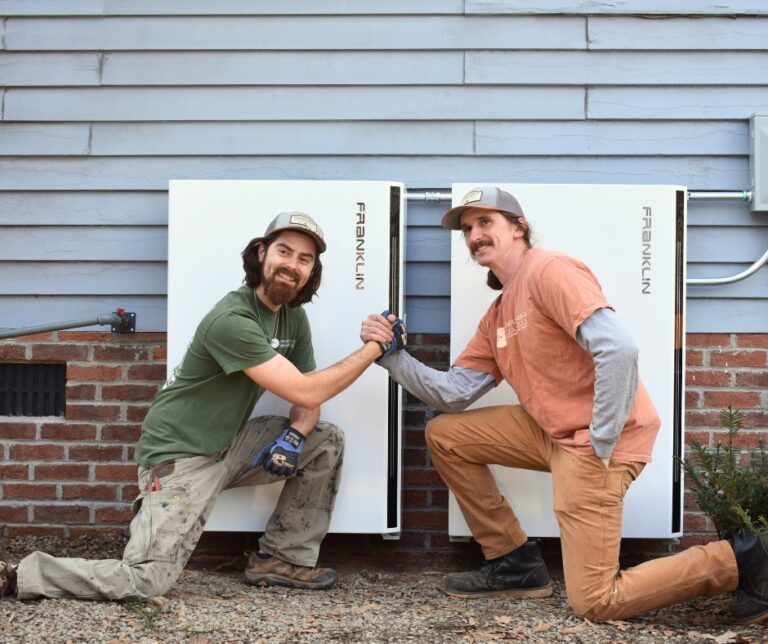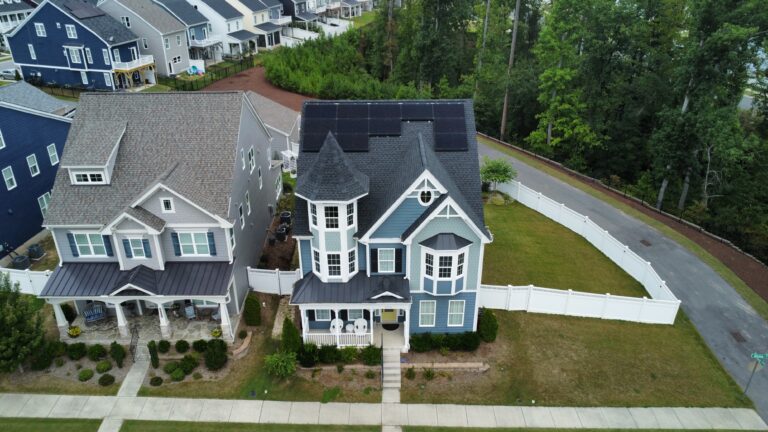Standby Generators: Tried and True Power Supply
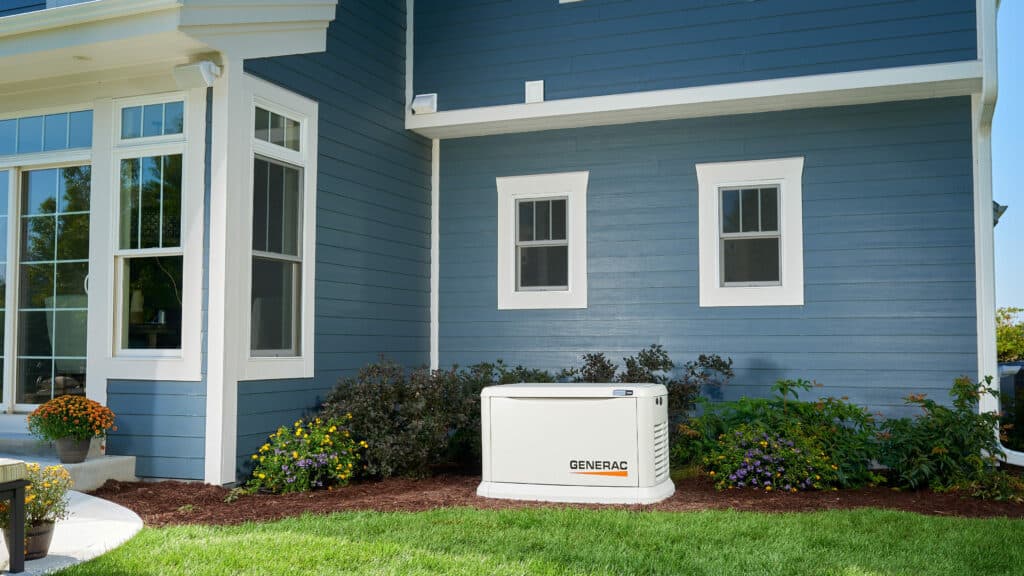
How Generators Work
Generators automatically kick in when the power goes out. They connect to your home’s electrical panel and run on natural gas, propane, or diesel.
Fuel & Operation
- Natural gas/propane: Convenient and continuous if tied into your home supply
- Diesel: Efficient, but requires on-site fuel storage and refueling
Maintenance Needs
- Regular oil changes, filter replacements, and professional inspections
- Annual maintenance costs typically range from $200–$600
- Warranties often require documented service
Good Fit If You:
- Live in an area with long or frequent outages
- Want to power your entire home for days at a time
- Don’t mind regular upkeep and fuel management
Home Battery Backup Systems: Quiet, Clean, and Smart
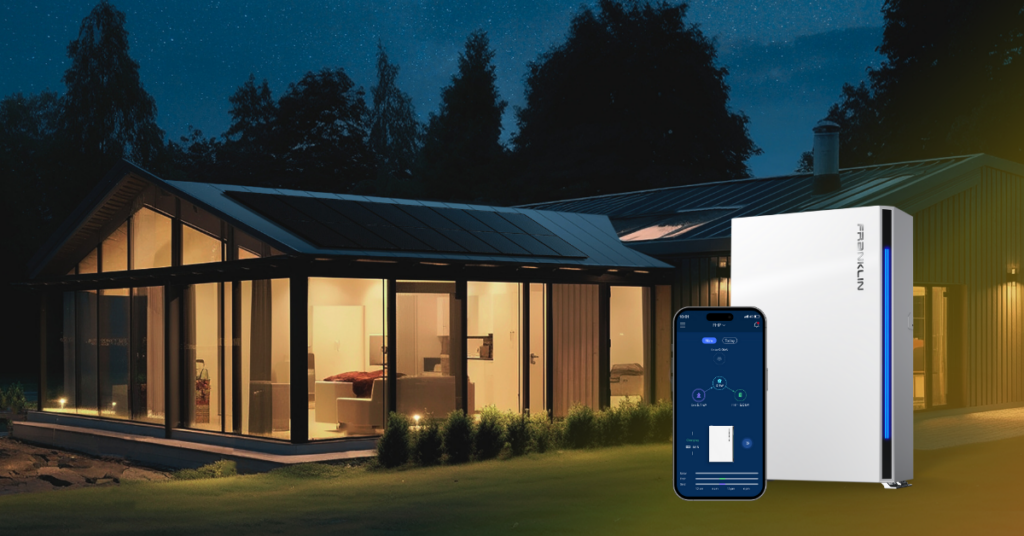
How Battery Backup Works
Battery systems like the Tesla Powerwall or FranklinWH aPower2 store electricity from the grid or your solar panels. When the grid goes down, they supply power automatically—without noise, fuel, or emissions.
Why Homeowners Love Them
- Seamless: Keeps essentials powered with no delay
- Silent & Clean: No fumes, no noise
- Solar Friendly: Stores excess solar energy for later use
- Low Maintenance: No moving parts, no fuel, no oil changes
Cost Savings Potential
- Time-of-use optimization (charge when rates are low, use when high)
- Net metering and virtual power plant participation for added savings
- Eligible for 30% federal tax credit and local incentives
Explore all of our federal and local North Carolina incentives →
Good Fit If You:
- Already have or want solar panels
- Experience brief outages
- Want long-term savings and low maintenance
- Prefer a quieter, more sustainable option
Generators vs. Battery Systems: Side-by-Side
| Feature | Generators | Battery Backup |
|---|---|---|
| Upfront Cost | $7,000–$15,000 | $10,000–$20,000 |
| Maintenance | High | Minimal |
| Fuel | Propane, natural gas, diesel | Grid or Solar |
| Noise | 60–70 dB | Silent |
| Emissions | Yes | None |
| Runtime | As long as fuel lasts | 4–8 hours (extendable with solar) |
| Installation Time | 1–2 days, more complex | ~ Less than 1 day, simpler |
| Incentives | Few | Tax credits (30%) & utility programs (up to $9,000 plus monthly incentives) |
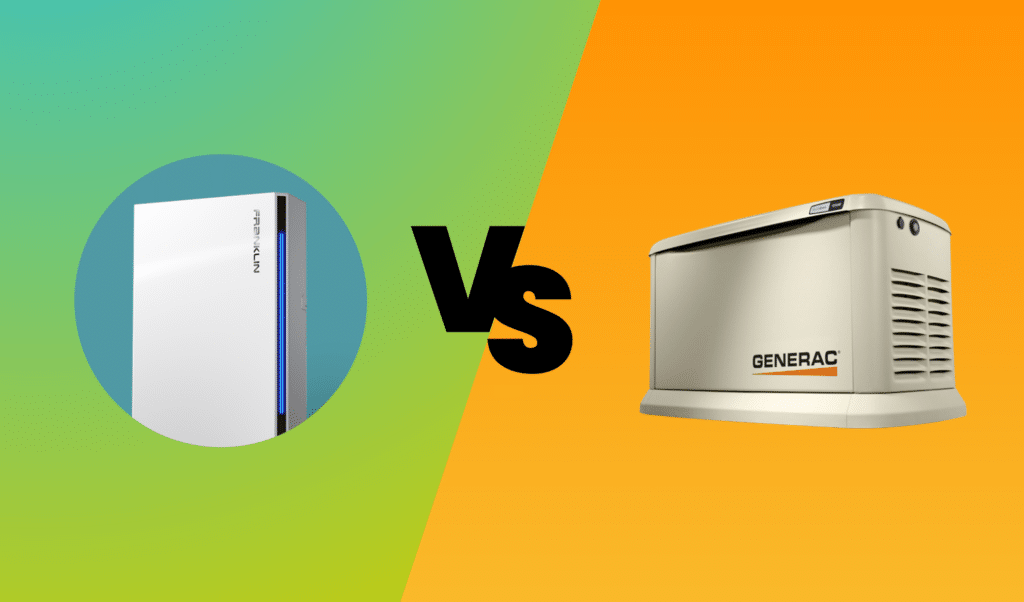
Which One’s Right for You?
✅ Choose a Battery Backup If You:
- Want quiet, clean backup for essentials
- Already use or plan to install solar
- Prefer a low-maintenance, long-term solution
- Value energy savings and sustainability
✅ Choose a Generator If You:
- Face frequent, multi-day outages
- Need to power your whole home
- Have access to natural gas or propane
- Don’t mind ongoing maintenance
⚡ Bonus Tip: Some homeowners go hybrid—pairing a battery with a generator for the best of both worlds: clean, quiet short-term backup + extended power from a generator when needed.
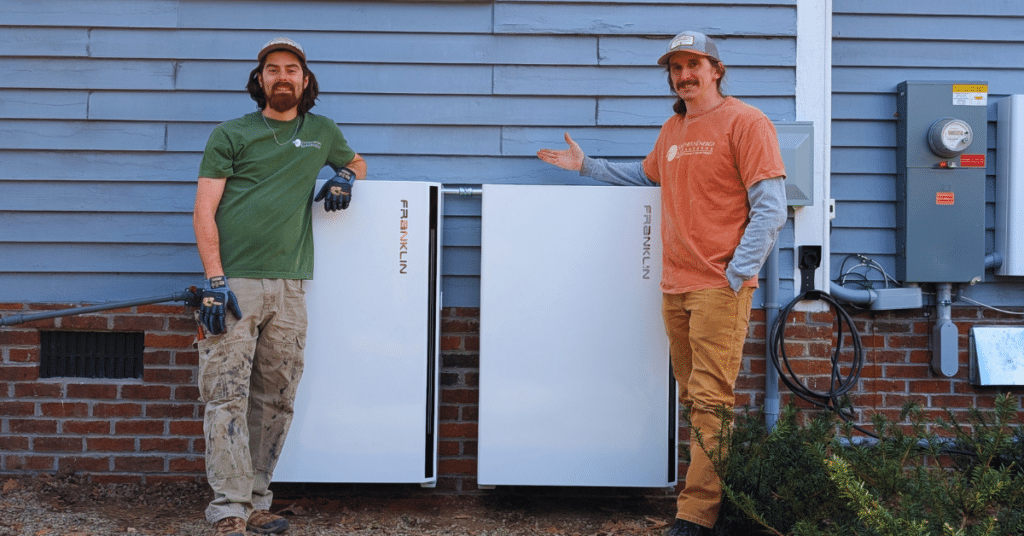
The Future of Backup Power
Battery technology is moving fast—costs are dropping, energy density is rising, and smart integrations let you control usage down to the appliance. Generators are also evolving, with cleaner fuel options and improved efficiency.
But when it comes to low-maintenance, environmentally conscious, and solar-ready solutions, battery backups are leading the charge.
Ready to Back Up Your Home?
At Southern Energy Management, we help you take control of your home’s energy—day and night, rain or shine. Whether you’re ready to install a battery backup, explore solar + storage, or compare generator options, we’re here to help.
Get in touch today for a free consultation and take the first step toward energy peace of mind.


